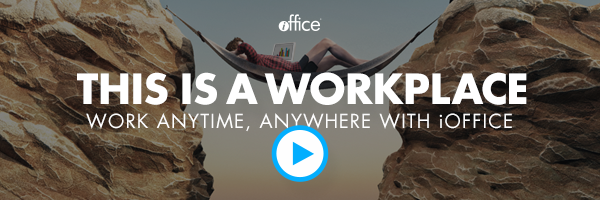6 Imperative Questions to Ask a Potential Remote Employee


Interviewing can be a taxing process. Interviewing to fill a remote position? Even more difficult. Aside from assuring candidates are qualified and would be a good fit at your organization, you have to screen for traits that lend themselves well to a remote position. Here are 6 questions that will help you evaluate a candidate’s potential (and 21 Facilities Manager questions), and if they can deliver what’s expected as an employee who doesn’t frequent the traditional office.
1. What is Your Ideal Work Environment?
This question is open-ended on purpose, while the candidate understands this is a remote position, you may be surprised with their answer. Some remote hopefuls already have a dedicated, quiet office space in their house where they feel they’re most productive.
Others may prefer the occasional buzz of a coworking space to spark creativity. All remote workers aren’t created equal, which is true of all employees, so you need to hire people who know themselves and their work style well enough to know where they’d be most productive depending on the work they’d be doing.
2. How Do You Plan to Handle Workplace Communication?
Most often the highest hurdle in a remote working environment is the lack of face-to-face communication that happens so naturally in a traditional office. Employees who work outside of the office must be efficient yet timely communicators.
They need to master the art of creating connections and collaborating with their team without coming across as needy. Remote candidates should be familiar with applications like Basecamp, which help keep the entire team organized and accountable while filtering conversations by project.
3. How Do You Plan to Manage Your Workday?
One of the benefits to working from home is workers are given the ability to coordinate their workday to what works best for them. However, this benefit requires a disciplined personality – and someone who understands when to call it a day.
There are often two extreme versions of poor time management, someone who never seems to be offline, and those who go missing for long stretches of time. You want to hire someone who finds balance in their workday, but still gets everything done.
4. Do You Have a Strong Understanding of Workplace Technology?
It’s important to keep in mind that your remote team won’t have access to your internal IT support. While this doesn’t mean they need to be computer wizards, it does mean they need to be able to fix some basic issues on their own.
5. What Type of Technology Will You Need to be Successful Working Remote?
This question is really more for your own insight. If your organization is new to on boarding virtual teams, your current technology bundle may not meet the needs of the average remote worker. Most applicants will expect to have access to certain workplace technology, they’re no longer a “nice to have” bonus, they’re a necessity.
Your remote teams are probably going to request room reservation scheduling for when they’re in the office, and internal communication platforms like Slack to stay connected when they’re away. Each team is different, however, so take notes on the items your top applicants mention.
6. Why Do You Think You’d Be a Good Fit as a Remote Employee?
This is where your candidates really get to open up. Listen closely for words like, “self-motivating” or “disciplined” and phrases like “I prefer quiet workspaces to stay focused”. Not every personality is suited for this type of work, and individuals who thrive on constant communication and fostering office relationships could wilt in this type of role.
While interviewing it’s important to be able to identify the traits that would work better alone. This doesn’t always mean someone has to be introverted or shy, people who are strongly independent and who get things done often do very well as remote workers. The best way to tell if someone would be a good fit working from home? If they’ve done it before and had success.
If all else fails, and you’ve narrowed it down to a candidate who is qualified but hasn’t proven themselves as a flexible worker just yet? Try offering them the position on a trial basis which includes visits to your headquarters to help them get on board. This way you’ll give them the chance to not only tell you they can work remotely, but they will be able to show you as well.
